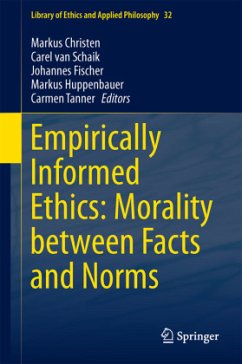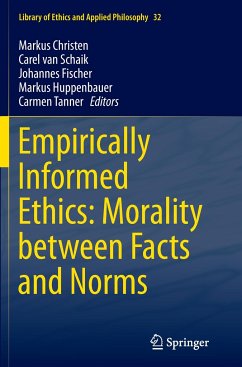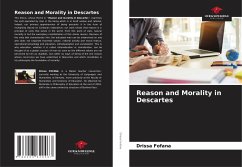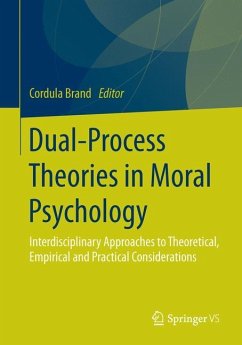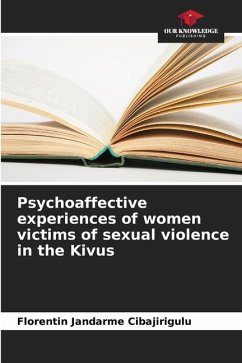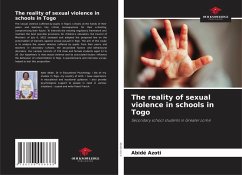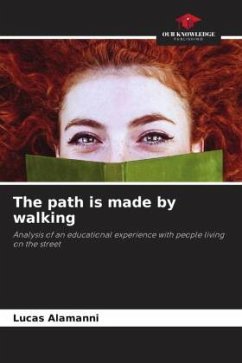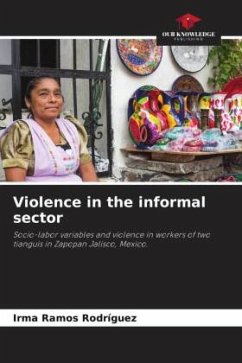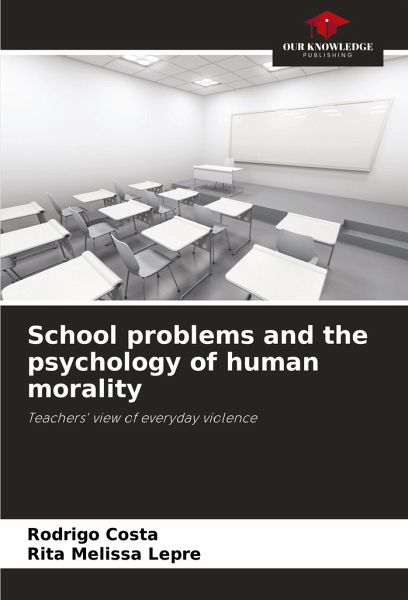
School problems and the psychology of human morality
Teachers' view of everyday violence
Versandkostenfrei!
Versandfertig in 6-10 Tagen
36,99 €
inkl. MwSt.

PAYBACK Punkte
18 °P sammeln!
Violence, a multifaceted and socially recurrent phenomenon, has long since invaded school walls. There are many reports of violence at school, ranging from symbolic, verbal and physical violence. As such, this study aims to find out and analyse what 6th grade primary schools teachers from two public schools in the city of Maringá (PR), located in different neighbourhoods and with different histories of violence, think about school violence and the development of human morality and their possible relationships. Finally, this study has led to the conclusion that theories of moral development, b...
Violence, a multifaceted and socially recurrent phenomenon, has long since invaded school walls. There are many reports of violence at school, ranging from symbolic, verbal and physical violence. As such, this study aims to find out and analyse what 6th grade primary schools teachers from two public schools in the city of Maringá (PR), located in different neighbourhoods and with different histories of violence, think about school violence and the development of human morality and their possible relationships. Finally, this study has led to the conclusion that theories of moral development, both in their theoretical and methodological aspects, have become fundamental in the search for dialogues that promote more maturation of concepts such as: dignity, justice, kindness, solidarity and respect for other human beings, with the aim of promoting peace education and, in this way, significantly cancelling out violence and its trivialisation, especially in schools.





